Palm snags another former Apple employee for exec role
Jeff Zwerner, Palm's new senior vice president, Brand Design, had two stints at Apple: From 1995-1996 he was the senior art director, and from 2001-2003 he was the company's creative director for packaging. In his new role at Palm, Zwerner will be in charge of global advertising, marketing communications, PR, events and web design.
Zwerner also founded his own design consultancy, Factor Design, which served top-tier clients including Apple. He has won numerous awards and distinctions, including a nomination in 2007 for a National Design Award by the Cooper-Hewitt, National Design Museum, Smithsonian Institution. He has a bachelor of fine arts degree from California Institute of the Arts.
The new hire, first discovered by precentral.net is the latest in a series of hires of former Apple employees. The move began in 2007, when Palm appointed Apple's former senior engineering VP, Jon Rubinstein, as executive chairman and previous chief financial officer, Fred Anderson, as a general board member.
The takeover became official in June, when Rubinstein was named Palm's new CEO. An Apple executive who helped lead the company out of its dark ages and later played an integral role in pioneering the iPod, Rubinstein assumed his new position just days after Palm launched its new Pre smartphone, a competitor to the iPhone.
In 1996, Rubinstein accepted an executive position at Apple as senior vice president of hardware engineering because he saw the company as "the last innovative high-volume computer maker in the world." In the years that would follow, Rubinstein — better known as "Ruby" by his peers — would take the reins of Apple's Mac hardware engineer team, which he helped streamline and restructure alongside Jobs' advisement. He would go on to oversee development of the original iMac and several future generations of Mac hardware including G4 and G5 systems.
With the Mac back on its feet, Apple began to pursue alternative markets and Jobs tapped Rubinstein, 54, to devise a digital music player in just eight months. It was Rubinstein who discovered the original iPod's key technology at the time, a 1.8-inch hard disk floating around Toshiba's labs with no target market. Rubinstein retired from Apple in 2005, only to be plucked by Palm two years later.
In other Palm news, the handset maker has filed a complaint with the USB Implementers Forum over Apple's attempts to block the Pre from syncing with iTunes. In a back-and-forth dispute, Apple disabled the Pre's ability to sync with iTunes, only for Palm to fire back and fix the issue. The sync works because the Pre incorrectly identifies itself as an iPod.
Speaking with The New York Times, Mike Abramsky, an analyst with investment firm RBC Capital Markets, said the outcome of Palm's complaint is unpredictable.
“There isn’t much precedent for this case,†he said. “It’s breaking new ground. In my mind, ultimately the users are the arbiters in the outcome of these situations.â€
 Neil Hughes
Neil Hughes

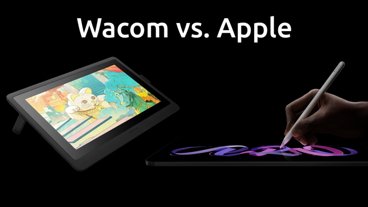
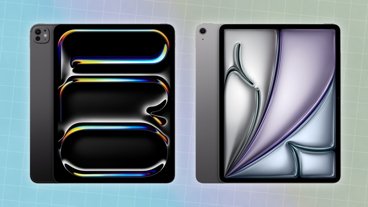
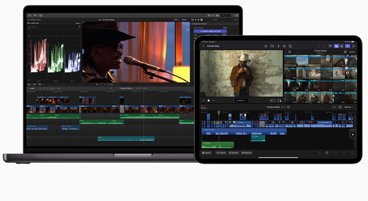
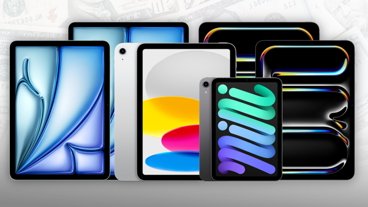







 Malcolm Owen
Malcolm Owen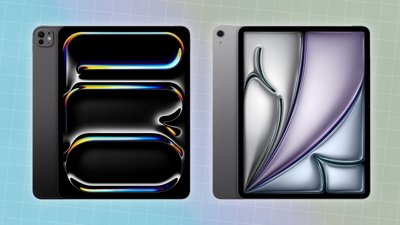
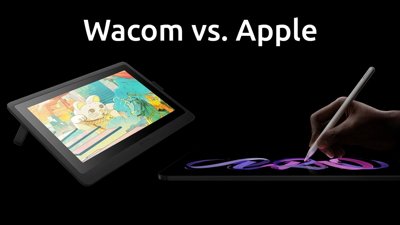
 Amber Neely
Amber Neely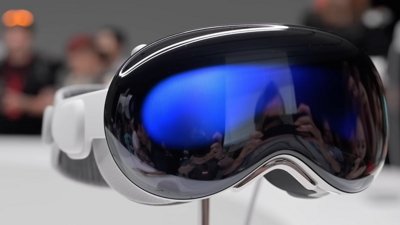

 Marko Zivkovic
Marko Zivkovic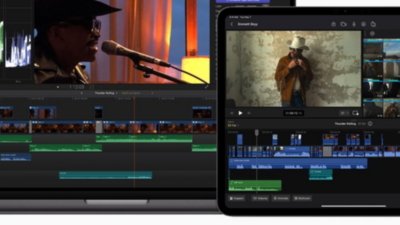
 David Schloss
David Schloss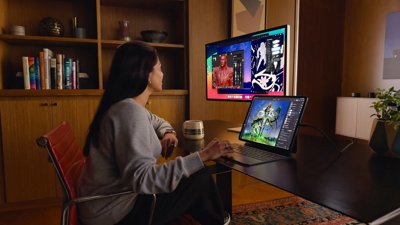
 Wesley Hilliard
Wesley Hilliard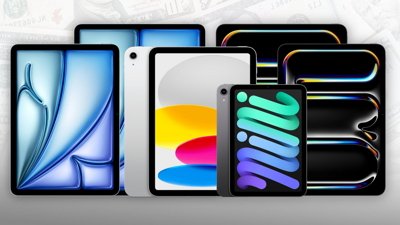
 Mike Wuerthele and Malcolm Owen
Mike Wuerthele and Malcolm Owen









38 Comments
2012: Jobs leaves Apple to head Palm...
2012 the world ends
2013 Steve Jobs comes back to apple with palm in his pocket
Apple should move to another state where no-compete clauses have some teeth
I am not sure it matters since palm is not really poaching.
All these guys were already turned out to pasture by apple (or found the gate on their own).
I think most non-compete clauses are for a year and all of them had been away from apple for longer than that already. It could simply be a new trend:
"If you were good enough to work for Apple, then you are probably better than we have inhouse".
I wonder what other companies have snatched up former apple folks?
But why should they leave? What does this say about Apple? Palm? What do they see that we're not seeing?